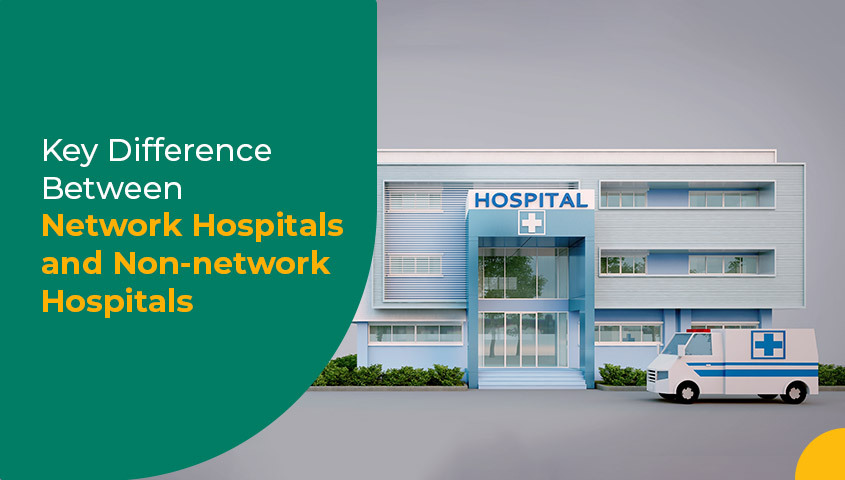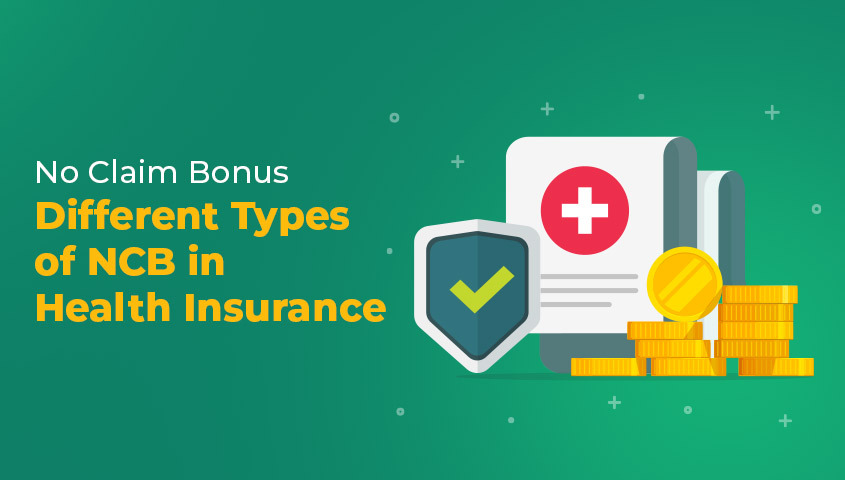
Everyone and their family face a few situations when their medical costs are pretty high. In order to help the family ease the burden of these health care costs syphoning money, there are tax benefits which you can claim for your health insurance and medical treatments at the end of a financial year.
Tax deductions can be complex and nerve-racking. To streamline the process, the government has recently issued a notice. The tax benefit process for expenses related to severe ailments have now been simplified. Let us see in detail, what these processes are to claim tax benefits on such ailments.
What are the tax deductions on treatments and medical insurance premiums?
Sections 80D, 80DD, 80U, and 80DDB of the Income Tax Act, provides rebates for money spent on treatment of disabilities and serious ailments. It also offers rebates on health insurance premiums.
Section 80D: Any Indian citizen, below 60 years of age, can get a maximum tax benefit up to Rs 25,000 on the amount of premium he/she pays for health insurance.
For citizens above 60 years of age, one is eligible for tax returns up to Rs, 30,000. For all those paying for their parent’s insurance premiums, you can get an additional tax rebate of Rs. 30,000 if parents are above 60 years of age and if parents are below 60 years of age, Rs 25,000.
Section 80U: A person suffering anywhere between 40-80% of disability can get tax rebates of up to an amount of Rs 75,000 on the health care expenses they incur for the treatment of the same. Similarly, for a person with disabilities of over 80%, the tax rebate is up to 1.25 lacks. These rebates can also be availed by anyone financing the treatment of a disabled person.
Section 80DDB: This section offers deductions on medical expenses incurred for the treatment of certain specified ailments. People under the age of 60 years, can get rebates up to Rs 40,000 and Rs 60,000 for those older than 60 years.
Here is the list of ailments covered under section 80DDB of income tax act:-
- Neurological diseases with severity more than 40% like Ataxia, Dementia, motor neuron disease, chorea, aphasia, Dystonia Musculorum Deformans, hemiballismus and Parkinson’s disease.
- Full-blown AIDS
- Chronic renal failure
- Malignant cancers
- Hematological disorders which include hemophilia and thalassemia
Claims have become easier with new change in the tax system
1. Until recently, one needed a certificate from a doctor working in a government hospital to avail the deductions under these. The Central Board of Direct Taxes recently issued a notification, wherein you no longer need the certificate issued by a doctor working in a government hospital to claim deductions. A certificate from any certified specialist doctor will work to get claims for expenses incurred while treating a serious disease.
2. The amount of tax deduction remains untouched.
3. Now one does not need to provide a doctor’s certificate using the Form 10L. You just need to get a prescription for a certified specialist in the field to get your tax deduction claim for a serious ailment. However, the certificate needs to specify the name and the age of the patient.
What to know before claiming deduction under section and 80D and 80DDB?
If your company or employer reimburses you for your treatment, then you cannot file a claim for tax deduction under Section 80DDB. If your employer reimburses you only partially, then you can file a claim for the remainder of the amount.
With this new amendment, the government is ensuring that tax deduction process becomes easier and hassle-free in the health care area. With such deductions, investing in a good health insurance plan is wise. Visit Turtlemint.com, to find a suitable health insurance plan for you.
Read also What is insurance and how does it works?
Read also An anatomy of an health insurance plan
Read more about Dejargonizing health insurance terms
































